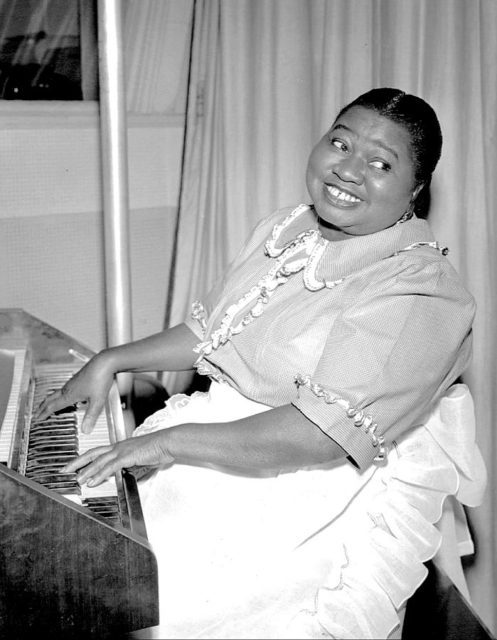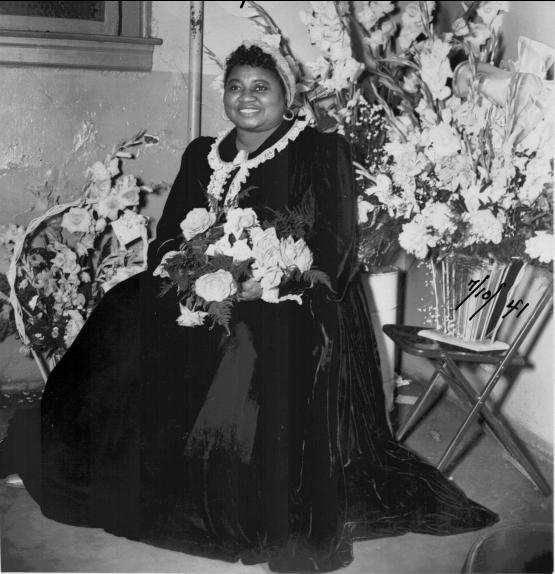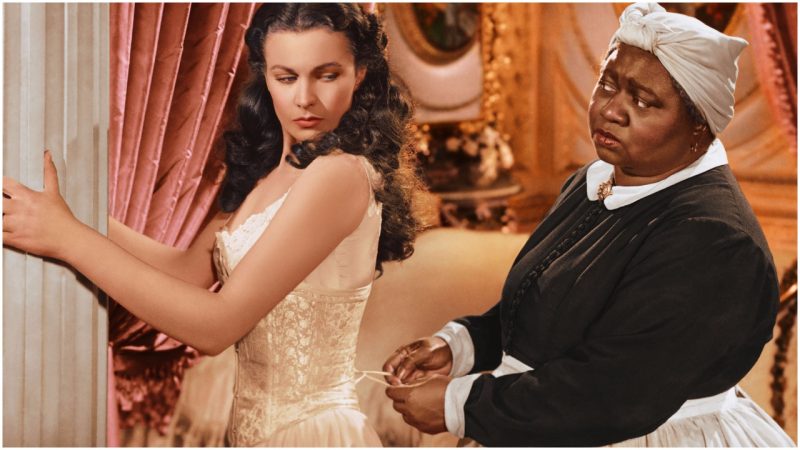It took years of numerous battles to tear down the racial segregation walls in the U.S. of the previous century, and one of those battles belonged to none other than Hattie McDaniel. Born as the 13th child to parents who were known to be former slaves, many would say that Hattie, since her early days, was different from her siblings.
Born in Kansas, she moved with her family to Colorado in 1900 where she finished high school, and as the family was still poor, she also took on different jobs so as to provide something from her side as well. But she didn’t want to follow suit and become a maid as her mother or any of the sisters had.
No matter how hard it was to walk a path of her own, McDaniel was persistent in doing so, and eventually, she went down in history to be remembered as the first African-American woman to appear on the radio and then also as the first African-American actress to collect an Academy Award for the best supporting role in the famed classic Gone with the Wind, as of 1940.
By the time she reached that point, up on the stage to claim the Academy Award in person and deliver a historically important speech, McDaniel had already gone through a lot.
When America was crumbling in the economic crisis of 1929, McDaniel took several underpaid jobs, in one instance serving as a waitress and in another, cleaning as a restroom attendant. This was until 1931 at least, when she finally made her way to Los Angeles and vigorously began seeking roles for any movie.
However, it was not that easy to land a good role. Back in those days, film roles which women of color were able to fill were nothing but limited.
Life in LA was not comfortable either. Hattie was still employed as a maid, then as a cook, which barely helped her to make ends meet. Even when she went on the radio, now acting out an imperious maid often out of place, in “Hi-Hat-Hattie,” McDaniel was still very poor even though the show was getting good ratings.

Then, her first two appearances in movies followed, starring in both as a maid, in The Golden West and I’m No Angel, in 1932 and 1933. By the end of the decade, she took on a few more roles, some of which were uncredited, and then it finally happened in 1939: the most significant role in her career as an actress, when she appeared next to de Havilland and Gable in Gone with the Wind.
Playing the memorable Mammy in the epic historical romance saga and adaptation of Margaret Mitchell’s 1936 novel under the same title, McDaniel was now the house slave who continually scolded the daughter of her owner, Scarlett O’Hara (played by Vivien Leigh). Where possible, she also ridiculed Rhett Butler (Clark Gable). She portrayed the character in a striking manner to say the least, and quickly, her acting started evoking mixed feelings among all audiences. But that’s how the film turned a new page in the motion picture history.
The premiere of Gone with the Wind was scheduled for December 15, 1939, at the Loew’s Grand Theater in Atlanta, and McDaniel was sadly unable to attend because of the active Jim Crow Laws, the state and local laws that enforced racial segregation in the southern parts of the US.
She was still able to come to the film’s first showing in Hollywood, which happened thanks to the efforts of the already angry David Selznick, who was not happy with Hattie not attending the premiere in Atlanta in the first place.
What’s even more interesting is that it was tough winning the character of Mammy at the auditions, the competition being almost the same as winning any of the film’s main characters, like that of Scarlett O’Hara. Even Eleanor Roosevelt supposedly wrote to Selznick asking whether her maid could take the part of the maid in the film. Though McDaniel was not so convinced in getting the role, she won hearts at the auditions.

Then, she won more hearts over the big screen, so no wonder when in 1940 she became the first woman of color to become nominated for an Academy Award. She would say, “I loved Mammy. I think I understood her because my own grandmother worked on a plantation.”
The ceremony event for the awards was held on 29th February that year, and McDaniel and her escort were required to sit at a separate table for two, set apart from both her colleagues from the film and those from the industry. But nothing stopped her in delivering a gracious speech that night.
Or as journalist Louella Parsons would remark about: “If you had seen her face when she walked up to the platform and took the gold trophy, you would have had the choke in your voice that all of us had when Hattie, hair trimmed with gardenias, face alight and dressed up to the queen’s taste, accepted the honor in one of the finest speeches ever given on the Academy floor.”
“Academy of Motion Picture Arts and Sciences, fellow members of the motion picture industry and honored guests: this is one of the happiest moments of my life, and I want to thank each of you who had a part in selecting me for one of their awards for your kindness,” McDaniel had opened.
She continued with her speech, “It has made me feel very, very humble, and I shall always hold it as a beacon for anything that I may be able to do in the future. I sincerely hope I shall always be a credit to my race and to the motion picture industry. My heart is too full to tell you just how I feel, and may I say thank you and God bless you“.
Gone with the Wind broke records that year on the Academy Awards stage, claiming ten Oscars. To date, Hattie McDaniel’s victory is considered to be one of the most memorable of all in the entire history of the awards.
